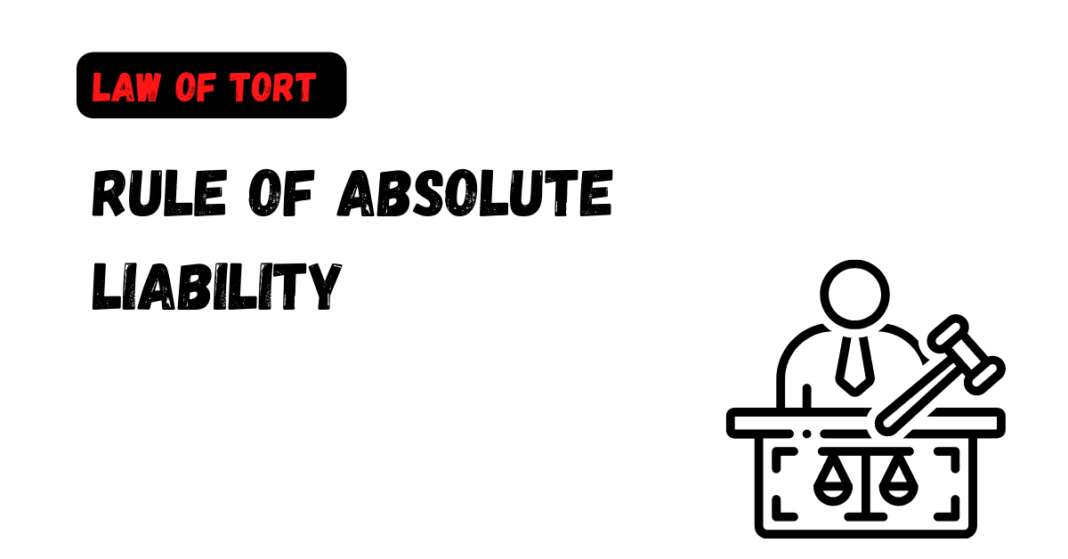The rule of absolute liability is similar to the rule of strict liability, but it imposes an even higher level of liability on the defendant. This means that the defendant is held responsible for harm caused by their actions, even if they did everything possible to prevent the harm and were not negligent.
Absolute liability is usually used in cases involving activities or products that are inherently dangerous, like using explosives or transporting hazardous materials. This is because the risks associated with these activities or products are so great that even a small mistake could result in significant harm to others.
The rule of absolute liability aims to protect people who are injured due to these dangerous activities or products. However, it can also be controversial because some people argue that it unfairly burdens defendants who did everything they could to prevent harm.
Important highlights to bear in mind
- Absolute liability is a legal principle that imposes strict liability on the defendant, regardless of whether they were negligent or took all reasonable precautions to prevent harm.
- It is similar to strict liability but imposes an even higher level of liability on the defendant.
- Absolute liability is typically applied in cases involving inherently dangerous activities or products, where even a small mistake could result in significant harm to others.
- The rationale behind absolute liability is that the risks associated with these activities or products are so great that even the slightest mistake could result in significant harm to others.
- The rule of absolute liability provides a higher level of protection for individuals who are injured as a result of these inherently dangerous activities or products.
- Critics argue that absolute liability places an unfair burden on defendants who may have taken every reasonable precaution to prevent harm.
- Absolute liability is typically reserved for cases involving activities or products that pose a significant risk of harm to others, and where the defendant is in the best position to prevent or mitigate that harm.





